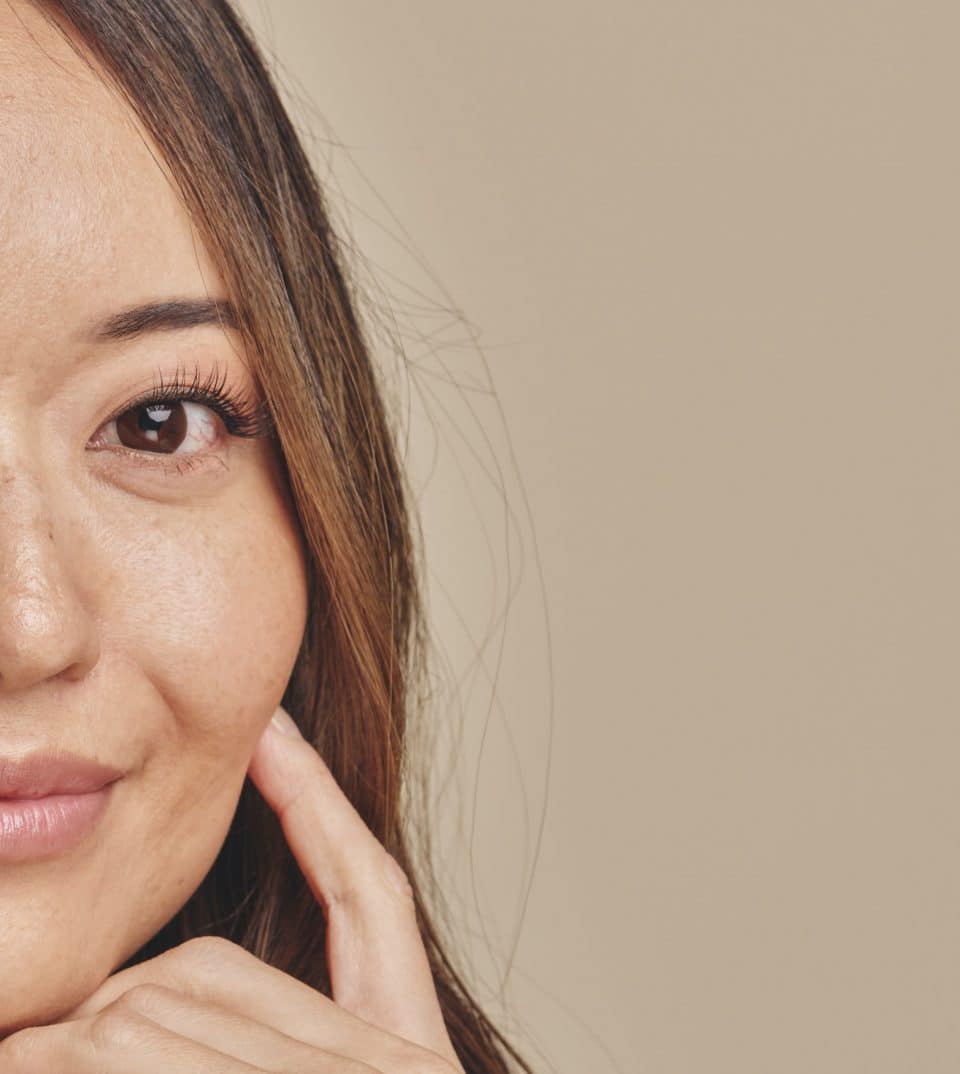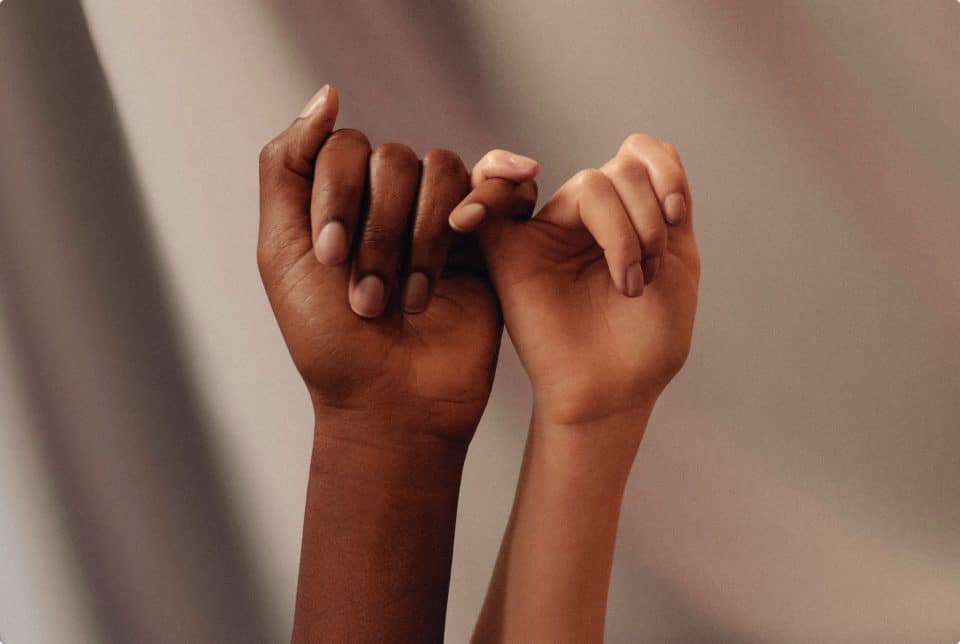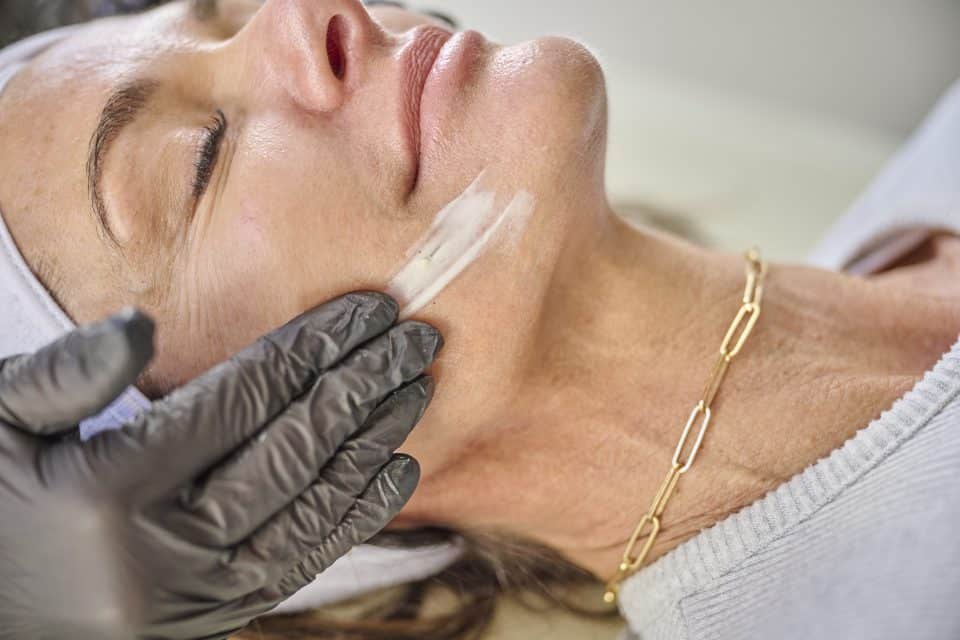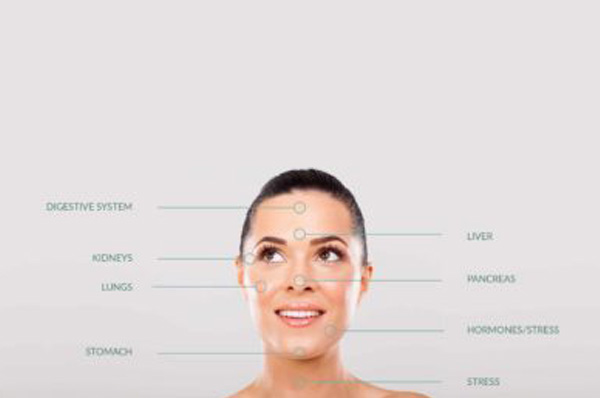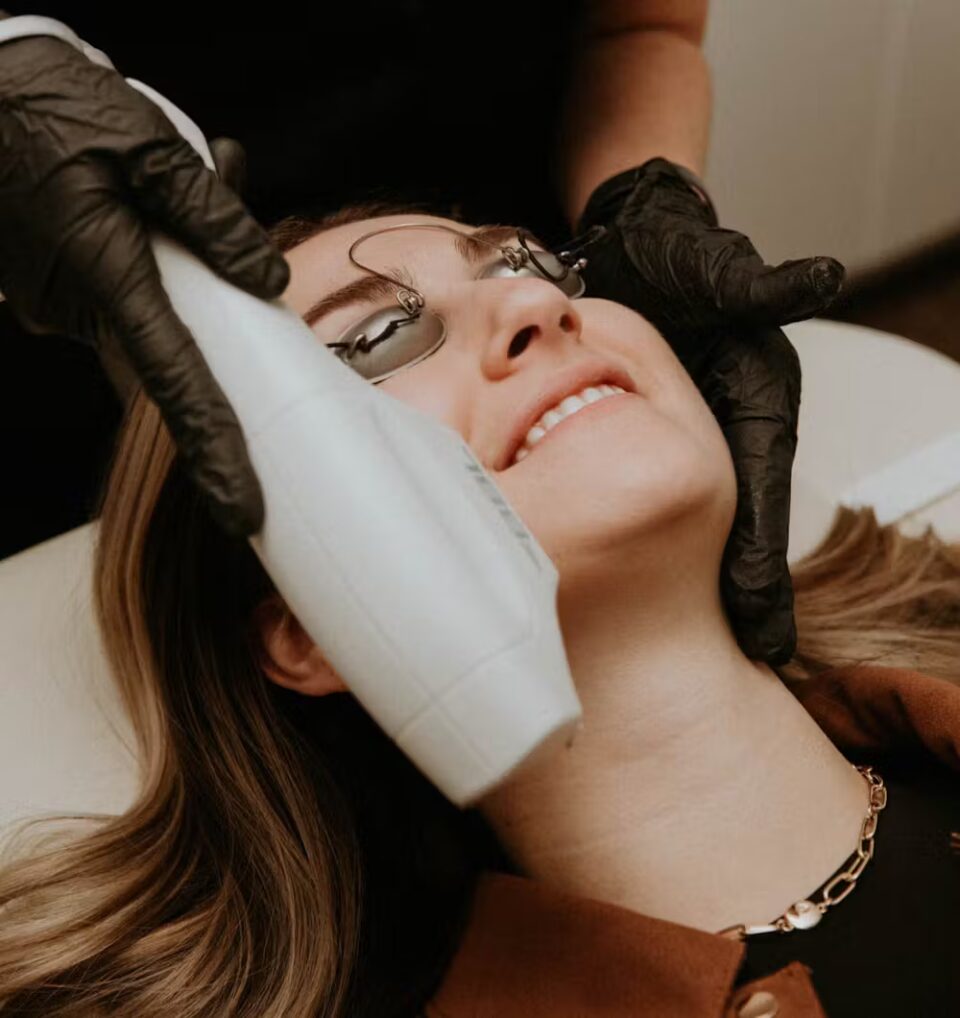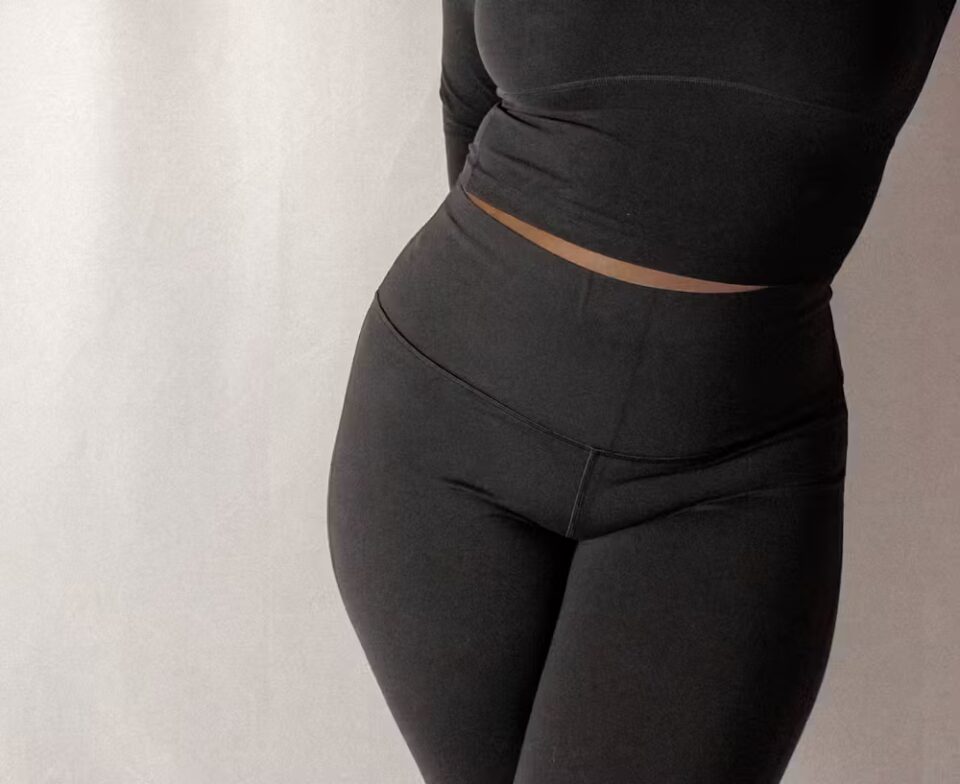For every zit or blemish you encounter, there’s at least ten recommended creams, serums, or treatments. While we have our fair share of solutions, sometimes there’s more to the problem than just a clogged pore. Your skin may be trying to tell you more than just, “psst…you slept in your makeup again.”
Changes in our diets and habits have a direct impact on our overall health. According to ayurvedic healing, examining the locations of blemishes can provide important clues to what’s going on inside.
Face Mapping: What Is It?
For those who suffer from acne, living with it can leave you with a lot of unknowns like how it got there in the first place. Many individuals wonder what the relationship is between acne and their health. This is where face mapping comes into play.
What is face mapping? This practice shows you the relationship between your health and acne.
Face mapping takes a look at the acne you’re suffering from to see if it’s caused by an underlying health problem. In some cases, there are health issues that may cause someone to have acne, and when that issue is treated for, often their acne will clear up. So what is your acne telling you?
-
- If you have acne on your forehead, it’s often the cause of poor digestion and stress, as well as food allergies.
-
- Acne found on cheeks may be linked to smoking, poor dental hygiene, and generally germs coming in contact with the skin, like your phone.
-
- A hormonal imbalance may be a primary cause for acne found on the jawline or chin, as well as the overconsumption of fatty and processed foods. Dairy products are also a contributor.
-
- If you have acne on your back, arms, or thighs, then genetics, hormonal fluctuations, and irritation may be the root cause.
When it comes to acne and your health, there are lifestyle changes you can make on a daily basis that can help improve the number of breakouts you have. For example, eating a healthy diet and drinking a significant amount of water can reduce the appearance of acne drastically.
Take a look at these internal body organs and functions that relate to your face:
Digestive System
Breakouts in this area are caused by lack of sleep and a poor diet, and tend to resemble hard clusters. Try reducing processed foods, adding fruits and vegetables to your diet, and drinking more water.
Liver
Food allergies manifest themselves in this area first – so if you’ve already ruled out a potential allergy, chances are this breakout is caused by an excess of sugar and/or alcohol. Cut back on the sweets and libations to clear up the area between your eyebrows.
Kidneys
Blemishes or dark circles around the eyes indicate dehydration – your kidneys are thirsty.
Pancreas/Heart
Avoid energy drinks, decrease sodium intake, and eats lots of fruits and veggies to maintain health in this area.
Lungs
While it’s hard to avoid certain environmental hazards such as pollution, one way to drastically improve lung health is to quit smoking. Other external factors that play into blemishes around the upper cheeks are dirty blankets or pillowcases, as well as cell phones or other devices held close to the face.
Hormones/Stress
Who wouldn’t love a simple solution to good ol’ fashioned stress? Relax. Breathe. Get a massage. Do what you need to manage your stress and your skin should improve. This is also the area where hormonal breakout appear. Keep up your daily skincare regimen to best manage the monthly blues.
Stomach
Avoid fatty, over-processed foods and reduce the intake of dairy products. Simple diet changes have an incredible impact on the entire body!
Stress
Here it is once again, the big S. Get plenty of sleep, eat balanced meals, exercise daily, and hug your loved ones. There’s always little things we can do to reduce stress, and the little things always add up. Like we said before, relax. Breathe. Repeat.
Hormonal or Bacterial Acne
It can be tricky to know how to tell if acne is hormonal or bacterial. With the help of a dermatologist or primary care physician, they may be able to help. But for now, take a look at the difference between the two:
Hormonal acne is often caused by an imbalance of hormones, which produces more oils (sebum) that it needs to stay healthy. This oil can then clog your pores, causing inflammation and pimples to appear.
Bacterial acne is just what the name entails. Certain bacteria finds its way onto your skin, infecting pores and causing a blemish to appear.
So the great debate is how can you tell whether your breakout is hormonal or bacterial? For those who are no longer teenagers, have the breakouts flare up on your jawline or chin, or are significantly stressed, you’re probably dealing with hormonal acne.
Bacterial acne usually causes breakouts if the skin has been exposed to sources of bacteria that haven’t been cleaned regularly or sufficiently enough.
Pro Tip: For those who play sports, remember to wash your body where sweat builds up and rubs against your skin. These are breeding grounds for bacteria, leading to breakouts.
How to Treat Your Acne
When it comes to acne, the treatment can vary from person to person, because of the many different forms of acne. Acne may manifest as:
- Blackheads
- Whiteheads
- Papules
- Pustules
- Nodules
- Cysts
Each form of acne requires treatment, some simple to treat and others requiring a little more attention or a visit to the dermatologist. Simple breakouts, blackheads, or whiteheads generally require a benzoyl peroxide cleanser as well as daily and dietary changes.
For more complex acne, a dermatologist or your primary care provider may suggest a prescription acne medication or antibiotic, because some acne may be present as an infection that needs additional treatment.
Professional Skin Care
Preventing breakouts can be accomplished with exceptional skin care. Professional skin care services, such as those from Elase, can help keep your skin healthy and breakout-free. Some skin care services may include:
- Facial treatments
- Microdermabrasion
- Peels
- Laser therapies or treatments
As a top provider in skin care, Elase has 15 years of experience dedicated to our clients. No matter what your acne is telling you, there’s always a way to manage it—take it from us.




